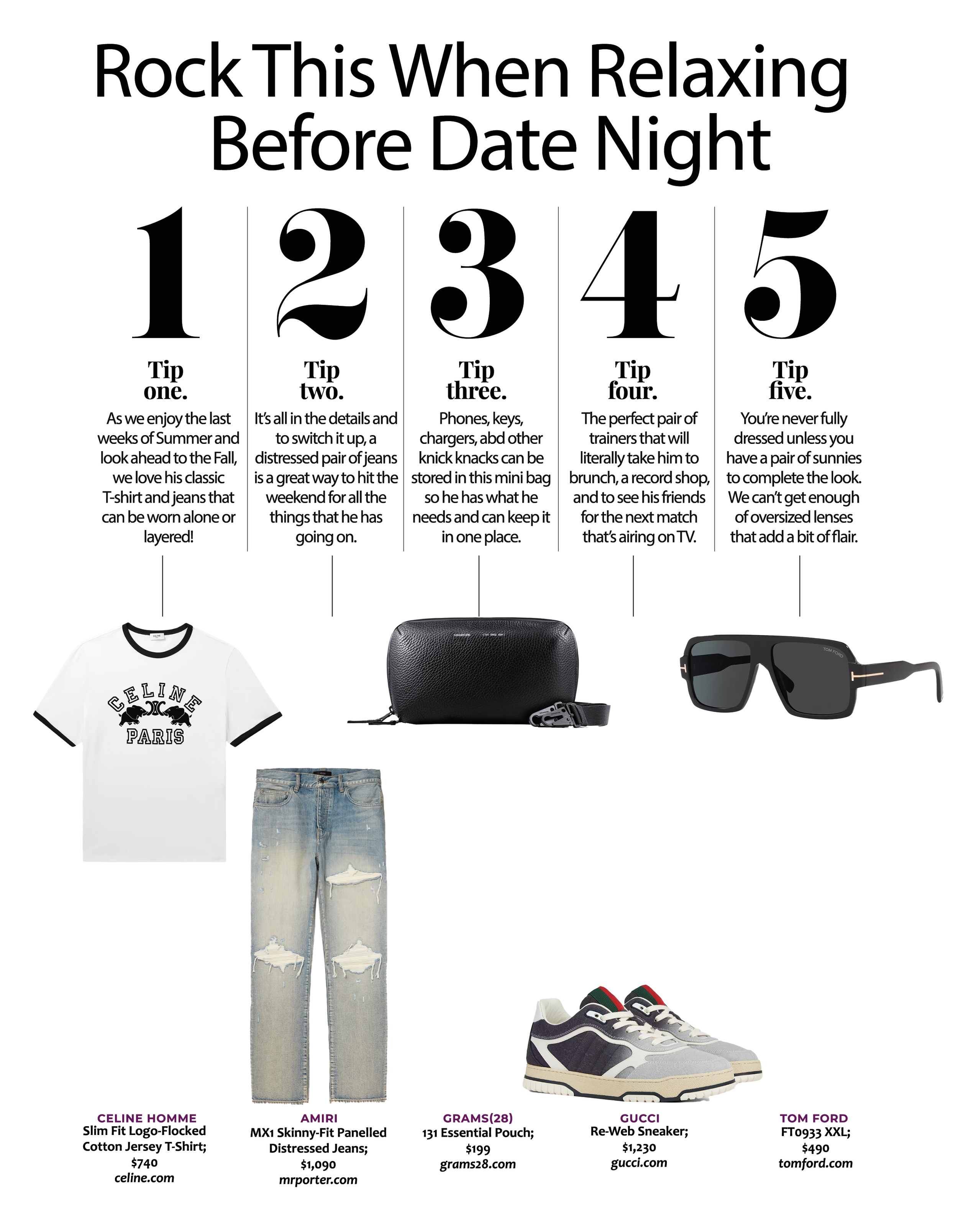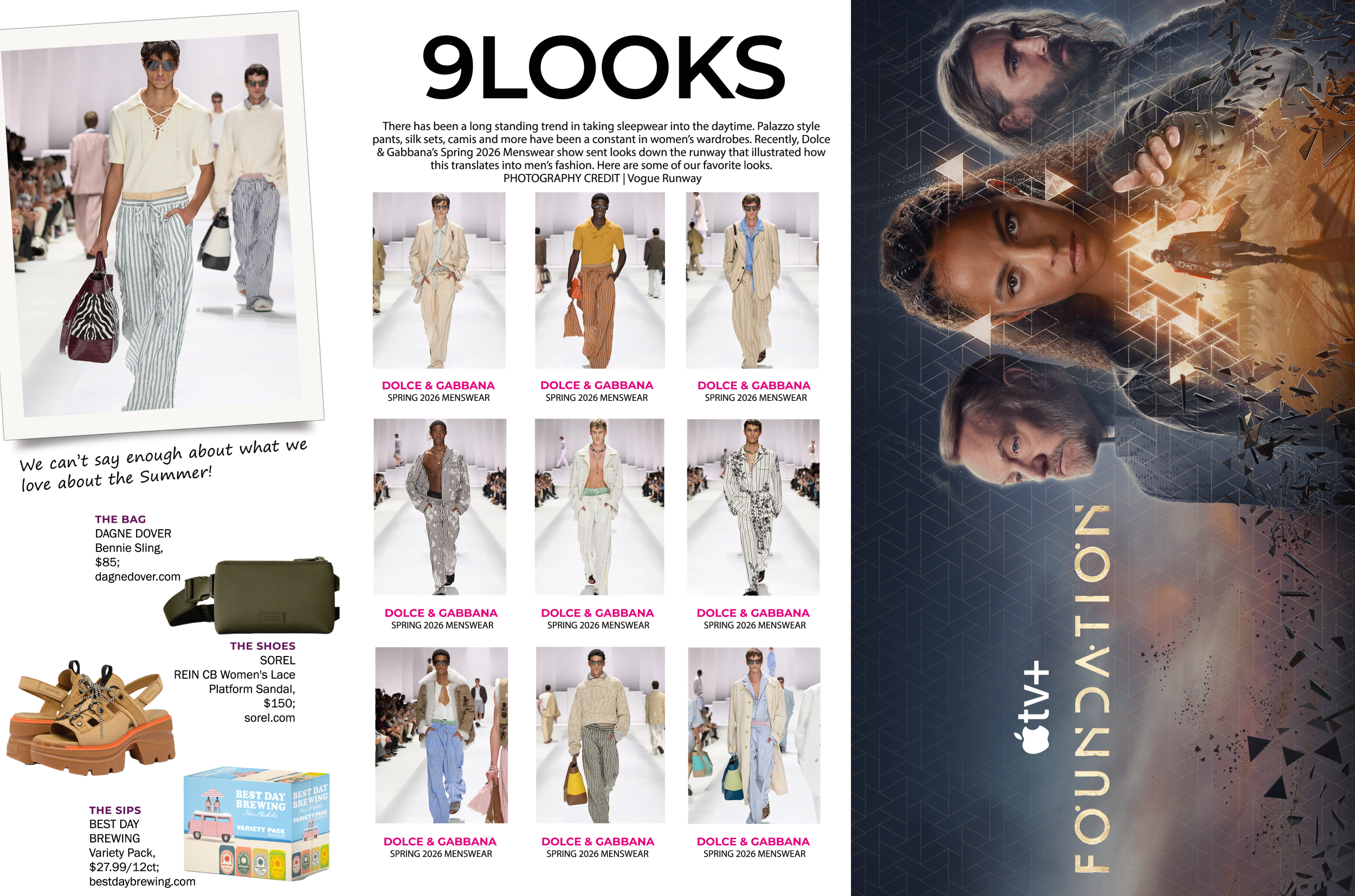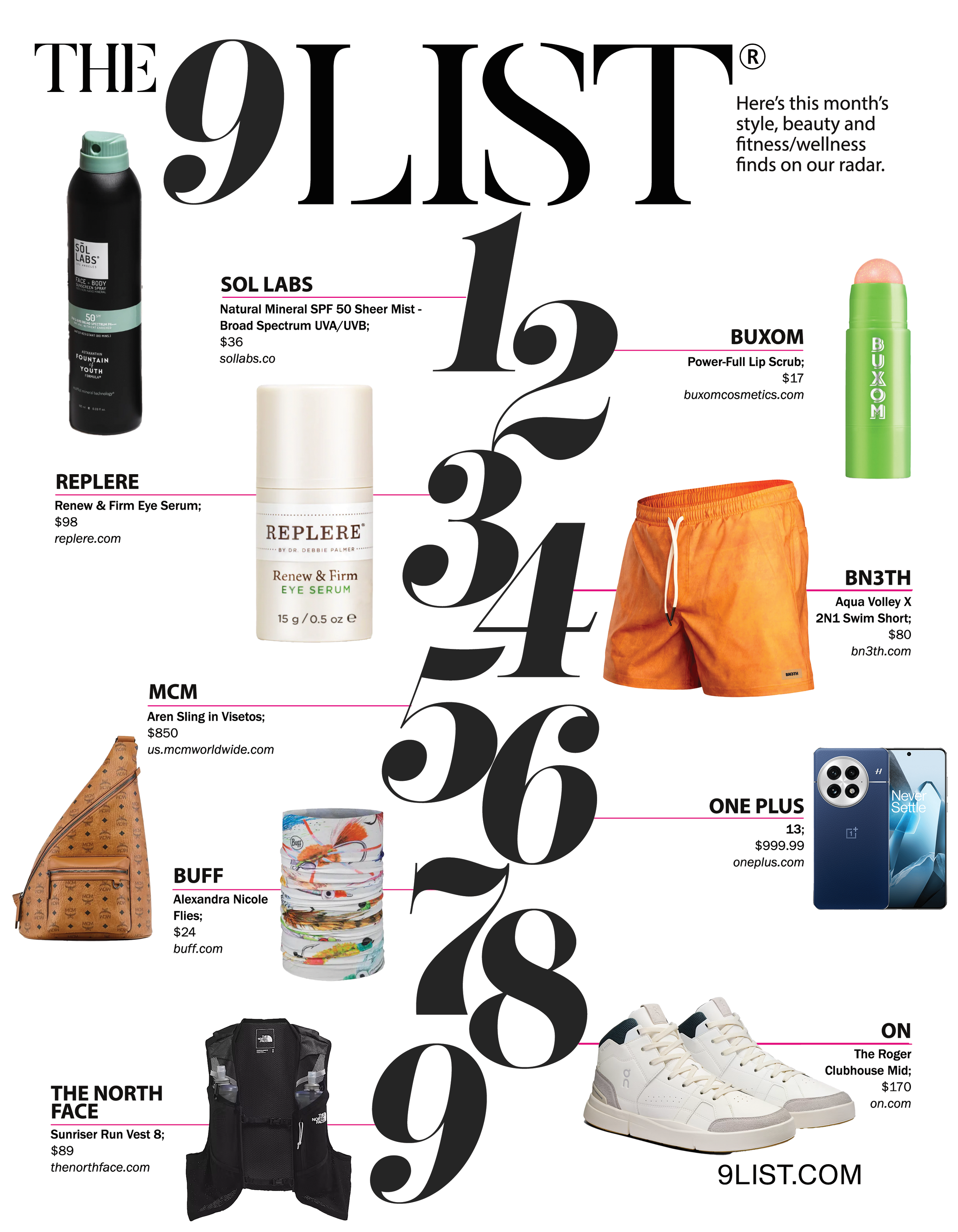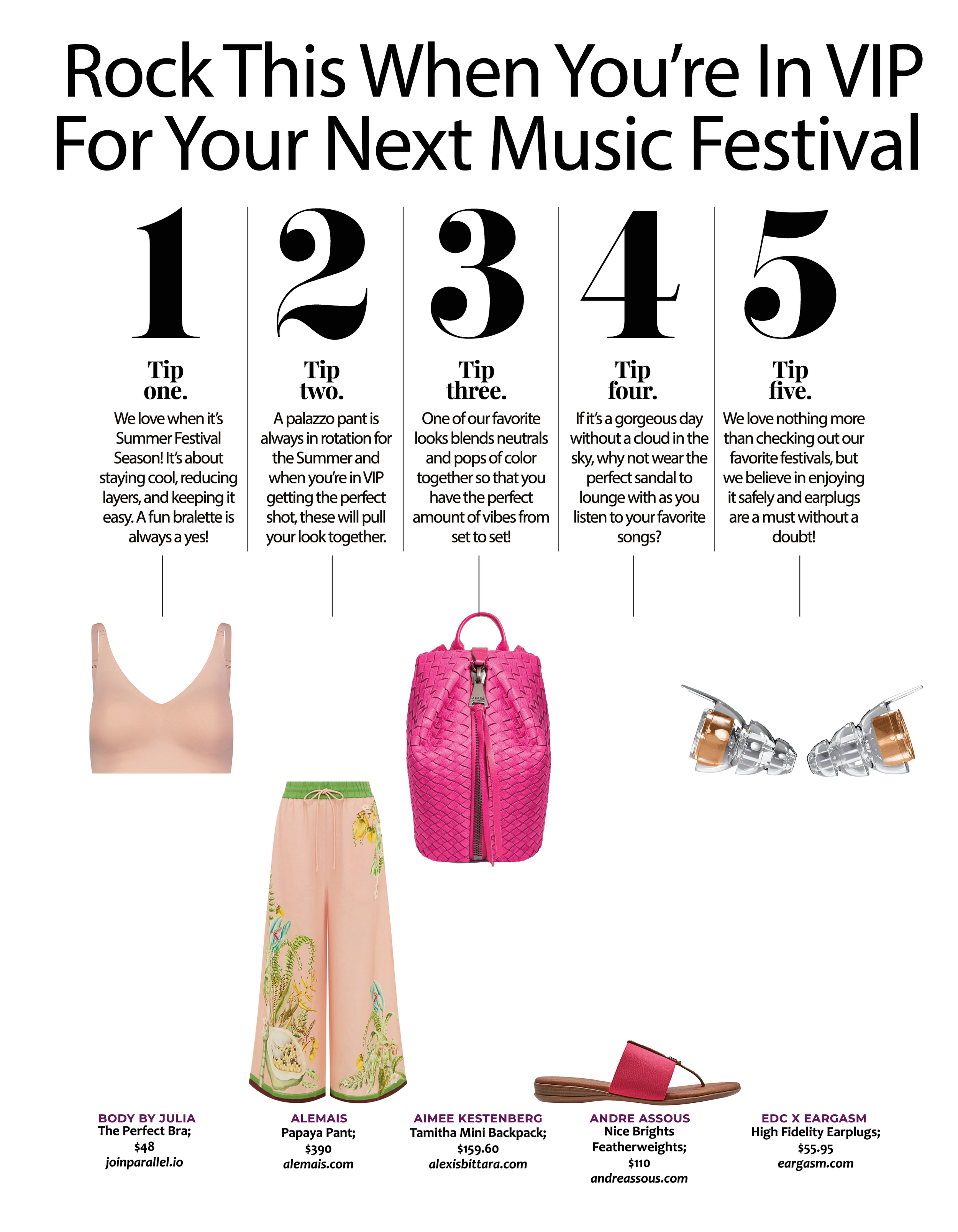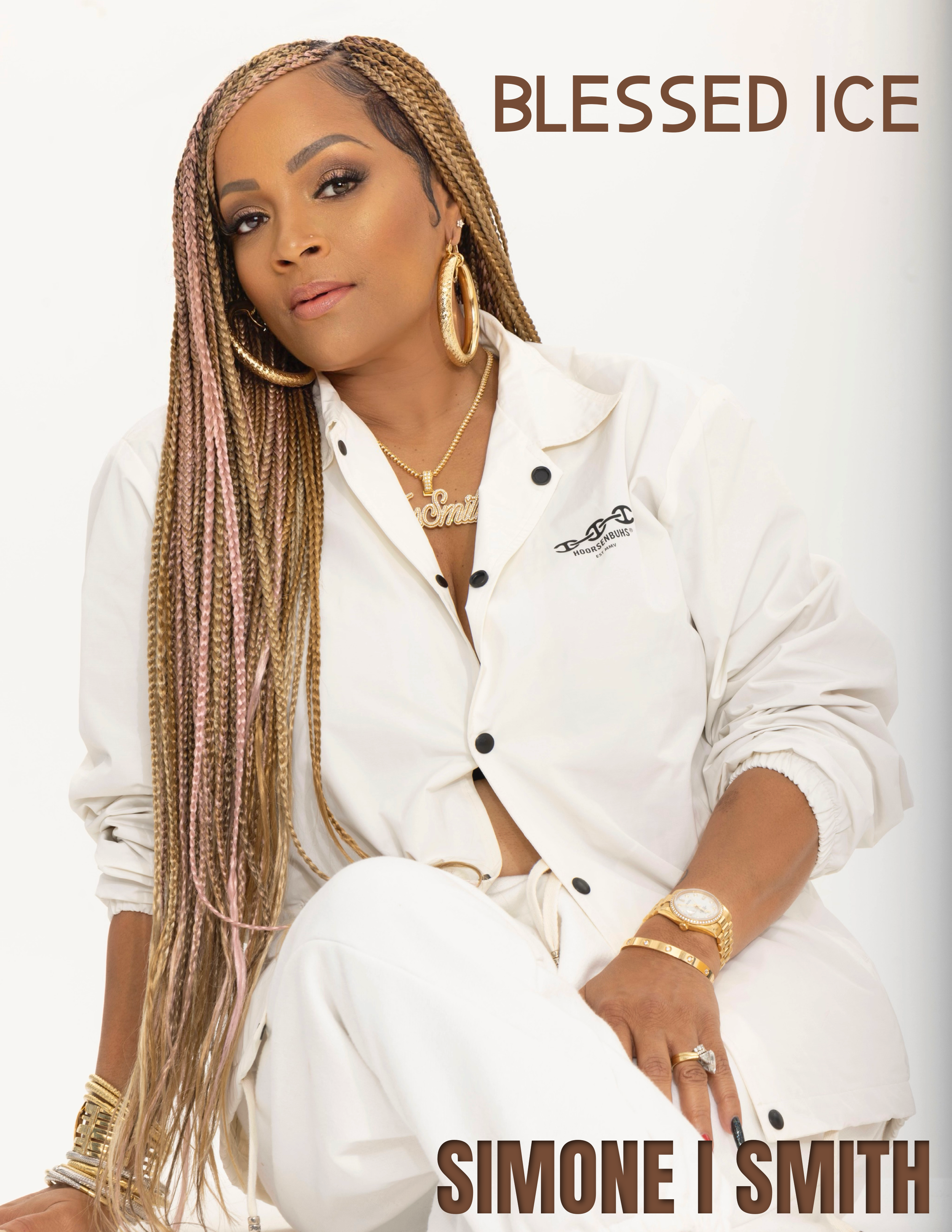Picking out the right shirt for any occasion can be stressful, but it becomes more of a nightmare if you're an excessive sweater. If you're someone who cannot stay cool even in a T-shirt, there are many options for you that are affordable. Instead of rolling the dice for sweat-proof clothing, follow this guide to discover the best sweat-blocking materials.
What's Best for your Setting and Needs?
Before choosing the right type of fabric, it's essential to narrow down your needs. For example, are you looking to block sweat in a professional setting, or do you need something that soaks up sweat at the gym? Or maybe your needs are more specific and relate to hyperhidrosis treatment. While wearing the right fabrics is important, it won't treat any underlying health conditions, so prioritize your health before choosing your material.
Work and Professional
Wearing a suit in the summer, even if the fabrics are made from a light cotton, can make you incredibly sweaty. Most professional clothing is made from heavier, higher quality fabric because it drapes better and tapers to your form. If you find yourself sweating under a suit, wear a sweat-blocking undershirt that catches the sweat and avoid synthetic fabrics.
For women who prefer to wear open-armed shirts or short sleeves, try to wear a softer cotton fabric and find a wireless bra that pushes the bust up to avoid underboob sweat. There are plenty of cooling bras on the market that are fast-drying, and they do wonders for preventing rashes and overall aches and pains.
Casual Setting
Natural fibers like bamboo and cotton are fantastic for any setting, but if you're going to wear an undershirt underneath a T-shirt, always opt for something lightweight. Remember that not all cottons are created equal - 100% cotton is always the better option for any shirt. Cotton that is super soft, high-quality, and strong will hold up against sweating for years.
Since synthetic fibers hold on to the smell of sweat and yellow underneath the armpits, avoid them altogether. Even if the shirt is smaller, like a tube top or a spaghetti-strapped shirt, don't wear these as an excessive sweater. You can always find a similar top in the same style in a cotton, bamboo, or linen fabric.
Gym Setting
Pick a synthetic material that repels sweat rather than soaks it up. Since natural blends like cotton could soak up too much sweat when you intend to sweat excessively, it's better to wear gym clothes and not everyday streetwear. All active brands like Nike, Under Armour, or Adidas have clothing that produces a cooling effect.
Always avoid linen or anything too light because they may be coated with sweat and smelling like B.O. a few minutes into your workout. Bamboo is one of the best fabrics for preventing B.O. during a workout because it absorbs sweat on contact; the only issue is you may feel heavier with the excess water soaking into the material.
Natural Fibers for Soaking up Sweat
Bamboo: High-quality, breathable, and absorbent Bamboo is an incredibly soft material that's all-natural and 100% recyclable. It's a hygienic option because it resists bacteria, milder, mold, and odor - making it a perfect gym clothing material.
Cotton: Considered the most breathable fabric, cotton offers a lot of airflow and quickly dries out dampness. It absorbs moisture instead of repelling it so that sweat won't sit on your skin. Just avoid lighter cotton fabrics because you could get very noticeable pit stains.
Linen: Breathable, lightweight and absorbent, linen is a natural fiber that doesn't cling to your body and lets a lot of airflow through. However, linen wrinkles easily, so avoid using it daily unless you want to break out the ironing board.
Synthetic Fibers for Repelling Sweat
Cotton/Lycra Blend: With cotton as an absorbing fabric and lycra as a repelling synthetic fiber, you have the perfect combination fabric that traps heat, moisture, and sweat. This could get uncomfortable if you have a skin condition because it will sit in your clothing.
Polyester: Although polyester is water-resistant, it still means sweat isn't absorbed into the fabric. Like most synthetic fibers, it sits on top of your skin or gets pushed to the outer layer, which means it doesn't block sweat at all.
Rayon: Heavy sweaters should avoid rayon altogether because, like the other synthetic fibers on this list, they won't trap heat but repels it to sit on top of your skin.
Although these synthetic fibers are often marketed as anti-sweat, they don't actually absorb it. Look for sweat-wicking materials on synthetic fibers if you really want to use them, just be aware they cost a pretty penny.



